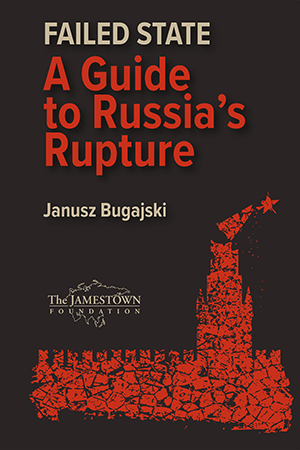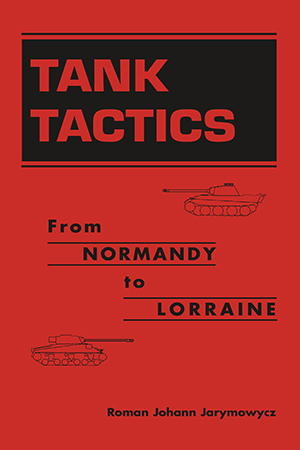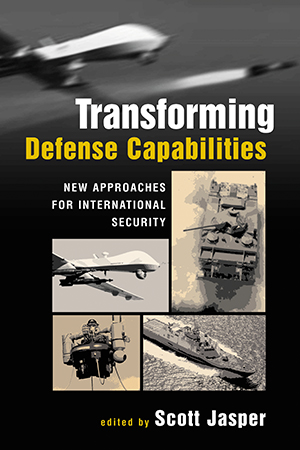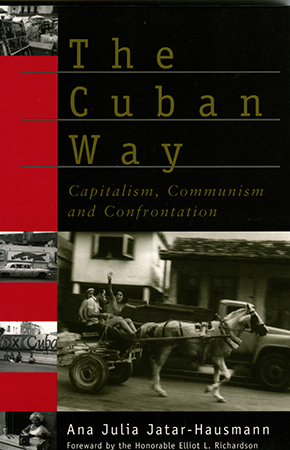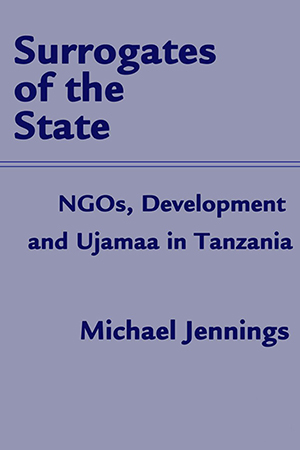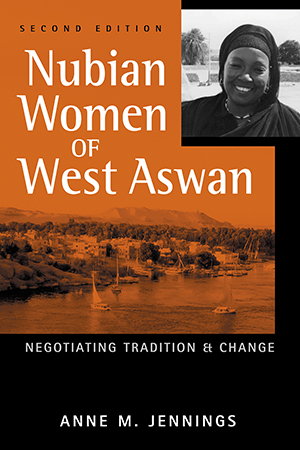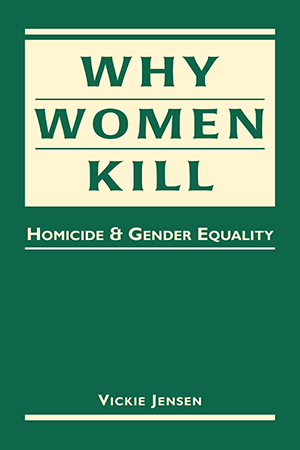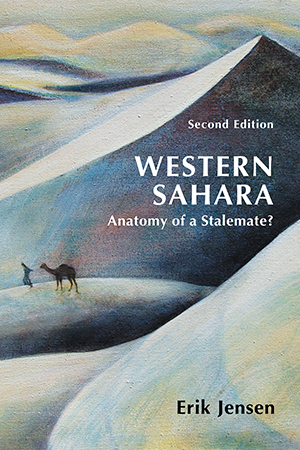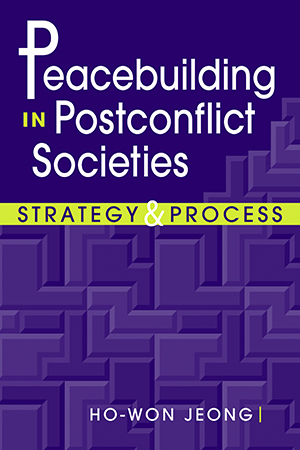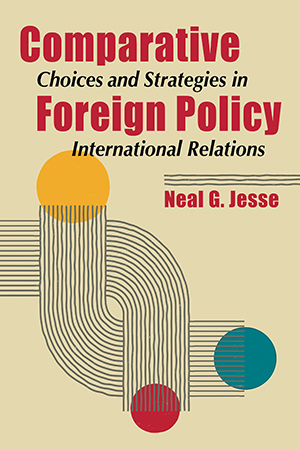BOOKS
Attempts to transform the Russian Federation into a nationstate, a civic state, or a stable imperial state have failed, argues Janusz Bugajski. Paradoxically, though Vladimir Putin assumed More >
Winner of the 2001 AHF Distinguished Writing Award, Twentieth Century U.S. Army History An operational critique of the art of war as practiced by U.S. and Canadian tank commanders in More >
In the face of today's security challenges, there is widespread recognition of the need to think and act in new ways to ensure both national and collective security interests. More >
Combining historical narrative, statistics, and stories of survival behaviors in everyday life, Ana Jatar-Hausmann offers an analysis of economic policies and trends in socialist Cuba at the More >
In Surrogates of the State Jennings explores the delicate relationship between development NGOs and the states they work in using his exhaustive and illuminating case study of Tanzania in More >
In the decade-and-a-half since the first edition of this book was written, there have been dramatic changes both in the town of Aswan and among the devoutly Muslim Nubians of the of West More >
Traditional homicide indicators are based on male violence—and do little to predict when, or whom, women will kill. Vickie Jensen shows that gender equality plays an important role in More >
Responding to the changes that have swept across North Africa since the first edition of this book was published, Erik Jensen sheds new light on the enduring dispute over Western More >
This integrative discussion of the multiple dimensions of peacebuilding in postconflict societies offers a systematic approach to strategies and processes for long-term social, political, More >
Clearly written, authoritative, pedagogically sound ... This new text effectively links cases and theory to provide students with a thorough understanding of the ways that foreign policy is More >



